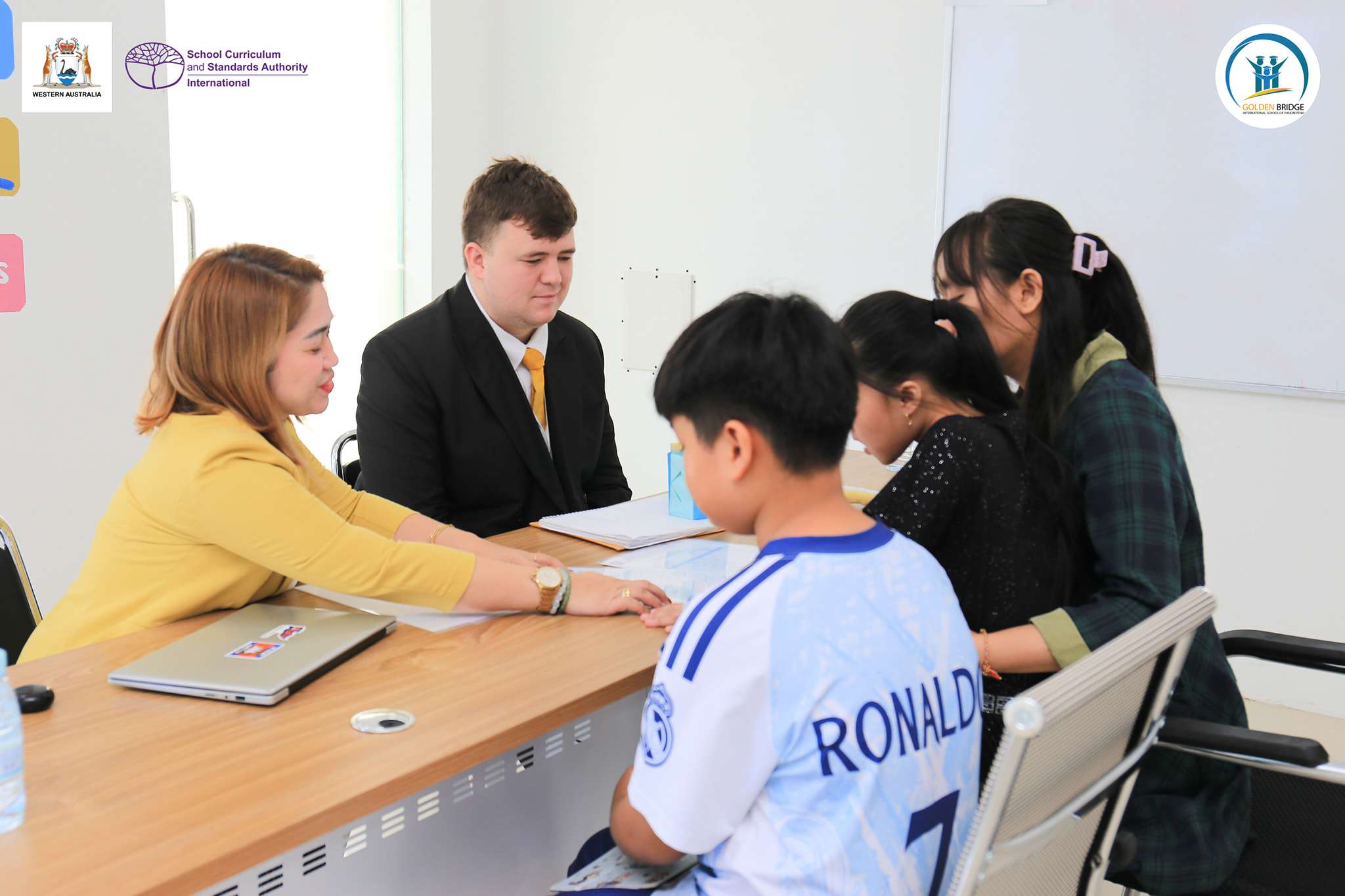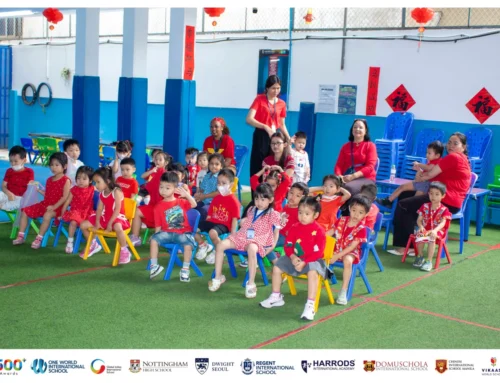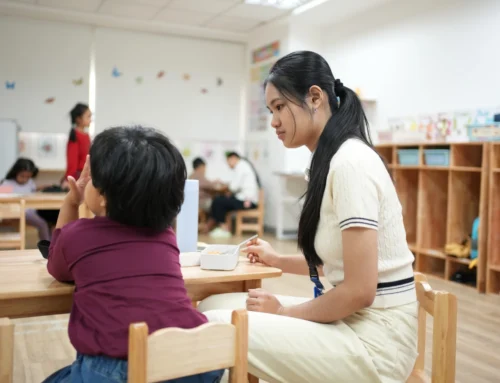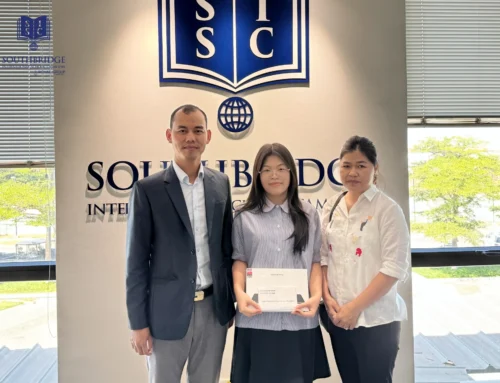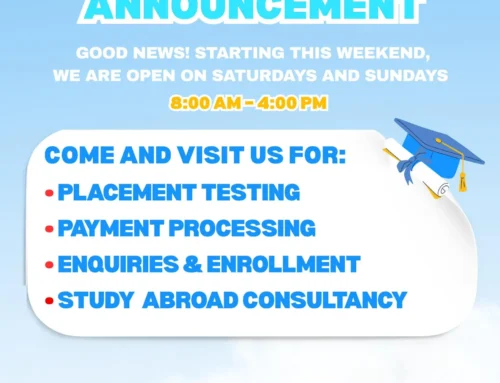Strengthening the partnership between families and schools is one of the most effective ways to support student success, and the recent Parent-Teacher Conference at Golden Bridge International School of Phnom Penh (GBISPP), Chbar Ampov Campus, is an excellent example of this commitment in action. As more schools in Cambodia place stronger emphasis on communication, collaboration, and shared responsibility, events like these highlight how meaningful engagement can shape a child’s academic and personal growth. For educators, parents, and school leaders across Phnom Penh, GBISPP’s approach offers valuable insight into how parent-school dialogue can elevate learning outcomes in a fast-changing educational landscape.
Why Parent–Teacher Conferences Matter
Parent–Teacher Conferences serve as a bridge connecting school expectations with a child’s learning journey at home. At GBISPP, this process aligns closely with their internationally recognized Western Australian Curriculum, which encourages active participation, reflection, and ongoing assessment. Conferences help families understand how their children learn, how they interact socially, and what support they may need to thrive academically and emotionally. They also offer a clear structure for parents to ask questions, review progress, and build a shared plan with teachers.
In Cambodia, where international and bilingual education continues to grow, these structured touchpoints allow families to stay closely involved, especially when students are navigating multilingual classrooms and diverse teaching methods. The conference at GBISPP’s Chbar Ampov branch showcased how open dialogue can support students’ strengths while addressing learning challenges early.
A Welcoming and Student-Centered Process
The photos from the Chbar Ampov event reflect a warm, professional, and highly organized environment. Families met with teachers in small, focused sessions—creating space for meaningful conversation rather than rushed updates. Teachers reviewed student progress, shared observations, and highlighted achievements beyond academics, such as curiosity, creativity, and classroom participation.
This approach mirrors GBISPP’s broader mission: to nurture not only academic excellence but also life skills and character development. For many parents, seeing their child’s growth from multiple angles—academics, social skills, values, and emerging interests—helps them understand how the school’s curriculum supports real-world readiness.
How GBISPP’s Curriculum Strengthens Parent–School Collaboration
The Western Australian Curriculum is known for its clarity, structure, and emphasis on high-quality standards. Within GBISPP, it provides a foundation for:
-
Transparent learning goals, allowing parents to clearly see what their children are expected to learn at each stage
-
Consistent assessment practices, supporting regular and accurate progress updates
-
Development of critical thinking and creativity, important skills in today’s globalized society
-
Holistic growth, ensuring children develop both academically and emotionally
During the recent conference, teachers used this framework to guide discussions, helping parents understand not just what their child is learning, but why those skills matter for long-term development.
A Model for School Engagement in Cambodia
As education in Phnom Penh becomes increasingly diverse and competitive, schools that prioritize strong parent partnerships stand out. GBISPP’s Parent-Teacher Conference is an example that other schools can learn from: structured communication, supportive dialogue, and a clear commitment to student well-being.
If any of the information about the school appears inaccurate or incomplete, please feel free to Contact us.
If you would like to register your school on our platform, Click Here.

